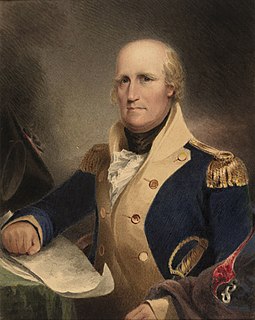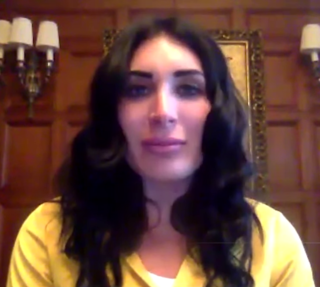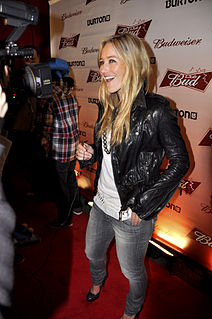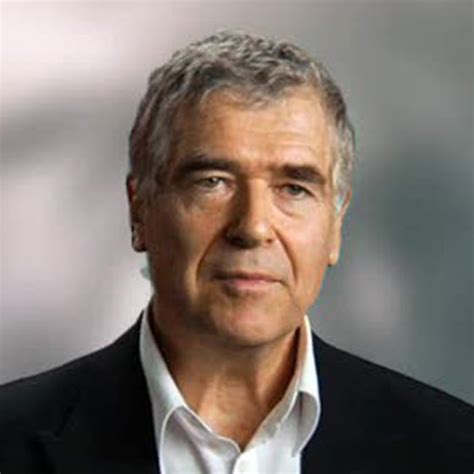A Quote by Ed Begley, Jr.
Experience nature. Then you know why it's worth protecting.
Quote Topics
Related Quotes
Even then, I didn't quite know what to make of it [captain Kirk death]. I was mystified by why I was doing it, why I was so driven to do it, and why it was affecting me like it was. I still don't know what it means. It's a strange singular experience. I don't even know anyone to talk to about it because I don't know anyone who's had that experience.
You could ask: Why are people attracted to narratives that justify the terrible things that we're doing to the planet? Why are people attracted to narratives of control and fear and hunting down the terrorists, and this uncaring attitude toward nature? These come from what I call the perceptions of separation and the experience of separation, the experience of alienation, the experience of scarcity and anxiety and competition, and a world in which everybody is out for themselves and nobody cares.
It takes a village to earn a spot representing your country, and I know that every single person who helped me get to the Olympics was also touched by the dream. The web of inspiration is incredible. Because of this, I know that the core principles and spirit of what the Olympics stand for are worth protecting.


































